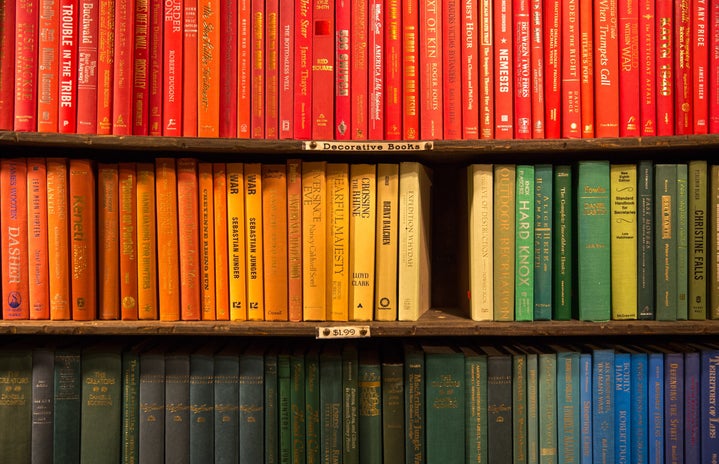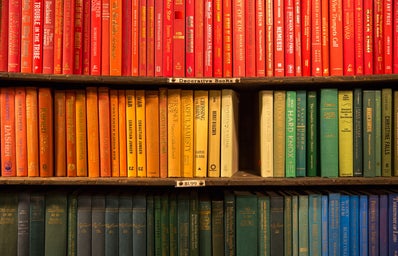Most historical accounts across generations have one main thing in common: it is told through the perspective of the conqueror. And the conqueror is usually comprised of straight, white males. These narratives have taken over the mainstream understanding of history, making it into school curriculums and textbooks. For each narrative depicting that version of history, another minority voice gets oppressed, such as those belonging to the queer community. Though pride month is fast approaching, it is beyond the sole confines of the next 30 days that we must continually strive to acknowledge the ways in which the designs of written history exclude these voices on purpose. It is important to continually examine the sources of our learned knowledge about both the world and the people who have come before us in order to see the deep consequences of such erasure. Many pioneers in the fields of art, math, science, music and literature have been queer, despite never having been in the spotlight throughout cishet history. Here are 5 LGBTQ+ icons that have made big impacts on the world we live in today:

- Frida Kahlo
-
Mexican painter Frida Kahlo transformed the role of intimacy in art through her infamous and powerful self-portraits. She was an openly bisexual woman who wasn’t afraid of depicting taboo topics of the time, including female sexuality, desire, pain and the standard of femininity. Her work and passions led her to later become a feminist icon, and as a sentiment to her value outside of traditional beauty standards, she would note: “I am my own muse. The subject I know best. The subject I want to know better.”
- Josephine Baker
-
French entertainer and activist Josephine Baker used her influence as one of the most successful African-American performers to advocate for desegregation in the 60s and 70s. She was openly bisexual and used her life experiences as inspiration for her work towards racial equality and racial harmony. She spoke against the current political agenda at many conventions and even served as a French spy during the second world war, disclosing vital information she had heard about the Germans during her time performing for them.
- Alan Turing
-
British mathematician and scientist Alan Turing created lasting change in the world through his important contributions to computer science. During WWII, he played a vital role in Adolf Hitler’s defeat by cracking the code for the Nazi Enigma machine. In his personal life, Turing identified as gay, which led to the injustice that was his death. It wasn’t until much later that the narrative regarding his life shifted away from the nature of his sexuality and towards his amazing contributions to math, science and history instead. In 2013, 59 years after his death, Alan Turing received the British royal pardon, which symbolizes an official statement of apology towards a convicted person.
- Sally Ride
-
Sally Ride, a role model for women in STEM everywhere, was the first and youngest American female astronaut and space shuttle operator, as well as the third woman in the world to go into outer space. Coming out as queer in her obituary, she became the representation that both women and the LGBTQ+ community needed. Her legacy still lives on through the path she has paved for queer women in STEM.
- Harvey Milk
-
Harvey Milk transformed queer legislation from within the system as California’s first openly gay politician. His work in queer liberation, resistance and activism persisted even before his political term, as he carried with him a fierce dedication to equality and progressiveness. In the late 70s, Milk helped introduce San Francisco’s first gay rights ordinance, which alleviated discrimination towards an individual’s sexual preferences, in sectors of both employment and housing.
The purpose of this non-exhaustive list was to shed light on some important queer figures throughout history, though there are so many more. The tribulations these folks faced as a result of an ignorant and intolerable society just goes to show their resilience, though it should not overpower the richness and brilliance of their individual lives and accomplishments. In order to truly honor history, we must first know it, then continue to preserve it in an authentic way. And that starts with giving credit where credit is due.



